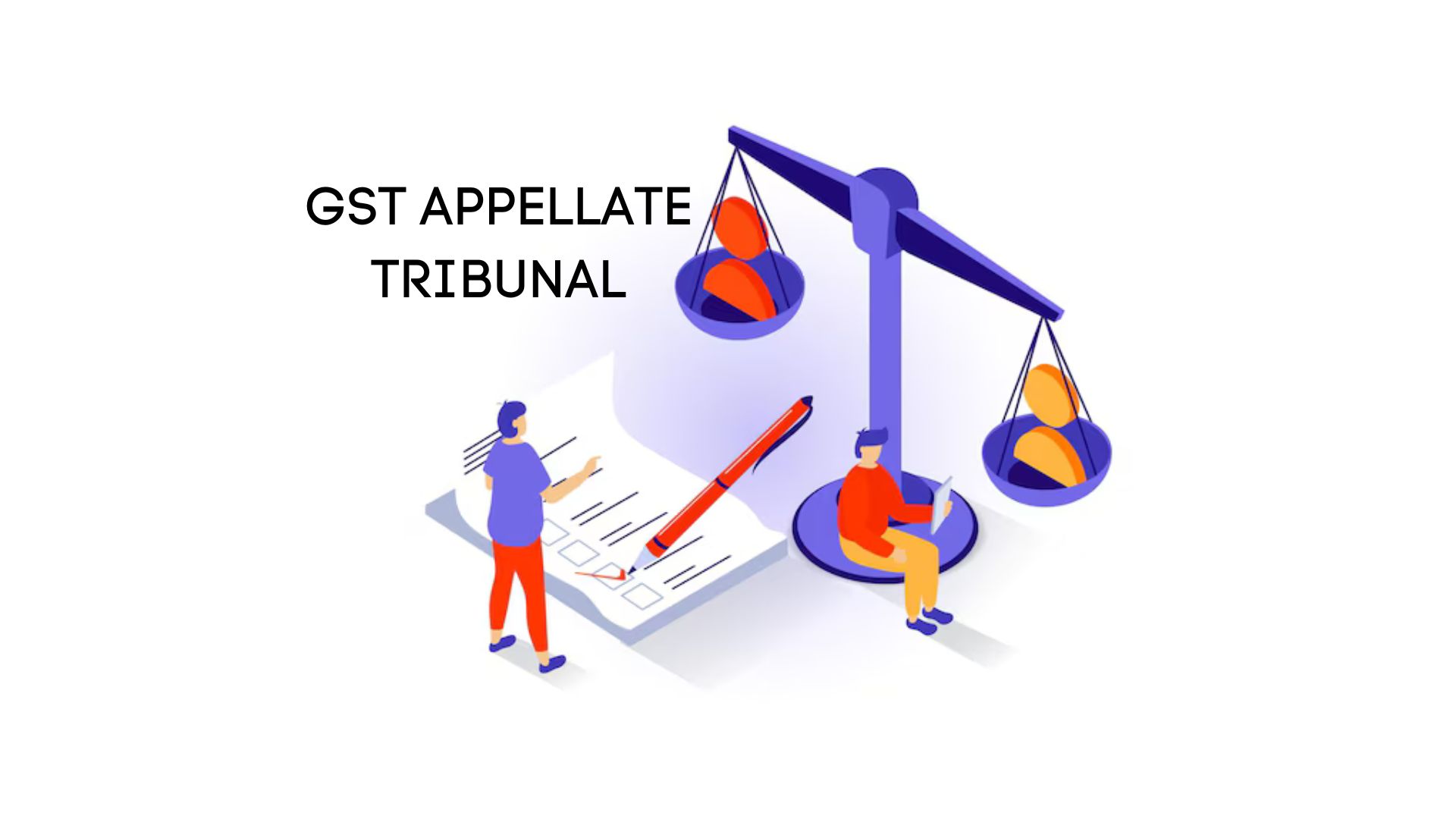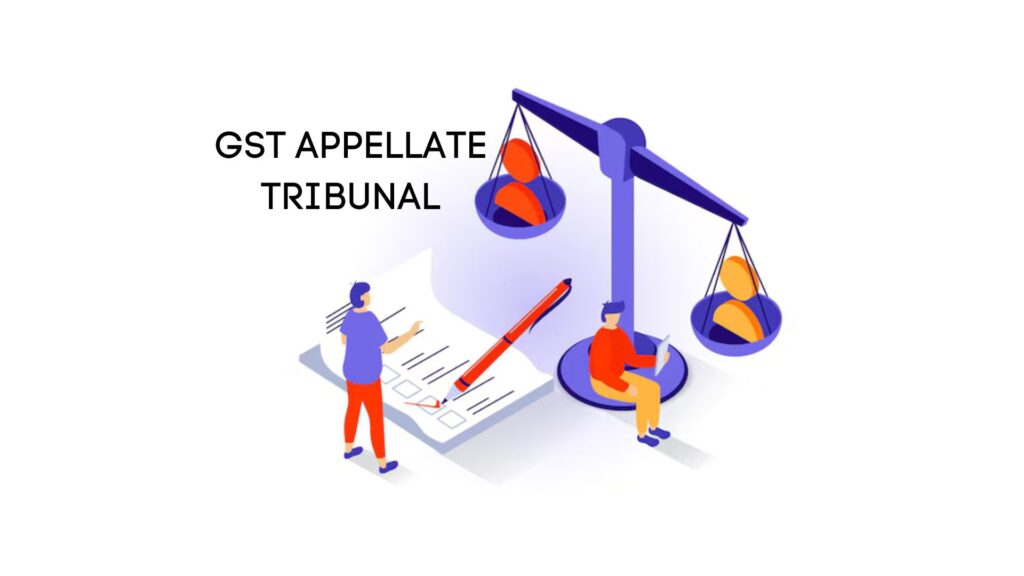
10 May After 7-year wait, GST Appellate Tribunal may finally be operational soon

Introduction
In a significant development, the appointment of Justice (retd) Sanjaya Kumar Mishra as the first president of the GST Appellate Tribunal (GSTAT) marks a crucial step towards operationalizing the long-awaited tribunal. However, legal experts emphasize the urgent need for the appointment of judicial and technical members to expedite its full functionality.
Understanding the Significance of GSTAT
The GST Appellate Tribunal (GSTAT), a pivotal institution in the realm of taxation, has been in the pipeline for nearly seven years following its inception through parliamentary legislation in 2017. However, administrative hurdles have impeded its notification and subsequent operationalization.
Challenges Faced in Operationalizing GSTAT
One of the primary challenges hindering the operationalization of GSTAT has been the delay in appointing requisite judicial and technical members, critical for its functioning. Without these appointments, the tribunal’s judicial functions remain dormant, prolonging the resolution of pending GST appeals.
The Appointment of Justice (retd) Sanjaya Kumar Mishra
The recent appointment of Justice (retd) Sanjaya Kumar Mishra as the president of GSTAT signifies a significant milestone in its journey towards functionality. Mishra’s role as the administrative head holds promise in expediting further appointments and streamlining the tribunal’s operations.
Understanding the Composition of GSTAT
To comprehend the functioning of GSTAT, it’s imperative to delineate its structural framework and operational mandate.
Judicial and Technical Members
Bench strength is crucial for the effective functioning of GSTAT, necessitating the appointment of both judicial and technical members. Judicial members bring expertise in legal proceedings, while technical members specialize in the pertinent laws under consideration.
Importance of Bench Composition
The composition of benches across various locations is pivotal for ensuring accessibility and efficiency in adjudicating GST-related disputes. The establishment of a principal bench in Delhi, supplemented by 31 regional benches, underscores GSTAT’s expansive jurisdiction and reach.
Legislative Backing and Recent Reforms
The enactment of the Central Goods and Services Tax (Second Amendment) Bill, 2023, marks a legislative milestone in facilitating the establishment of GSTAT. The bill’s provisions, including revisions in age limits for tribunal members, align with broader tribunal reforms aimed at enhancing efficiency and effectiveness.
Implications and Challenges Ahead
While the appointment of the GSTAT president herald’s optimism, several challenges loom on the horizon, necessitating proactive measures for effective resolution.
Addressing Pending Litigation
With a backlog of over 14,000 GST appeals, GSTAT faces the daunting task of addressing accumulated litigation swiftly. Leveraging digitization and virtual platforms for hearings can expedite the resolution process and alleviate the burden on high courts.
Innovative Approaches for Expedited Disposal
To ensure timely disposal of appeals, GSTAT must explore innovative approaches such as clubbing similar appeals and adopting streamlined procedures. This proactive stance can mitigate delays and enhance stakeholder confidence in the tribunal’s efficacy.


No Comments